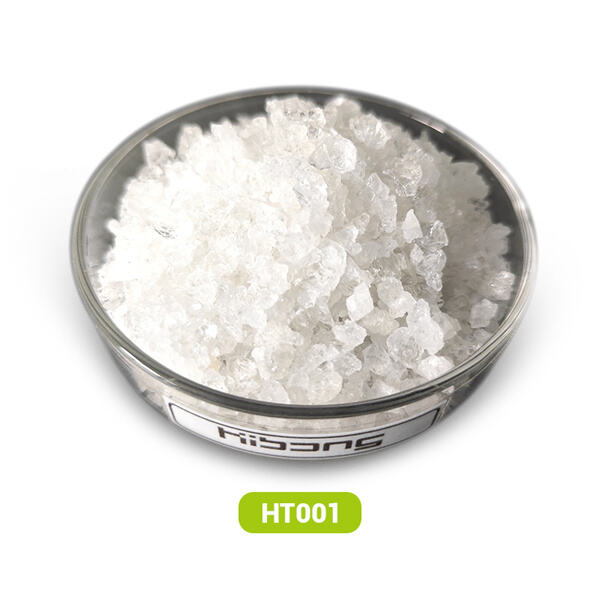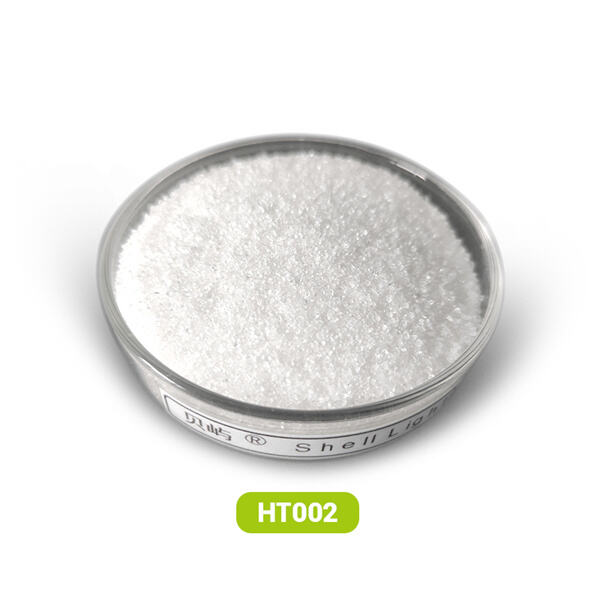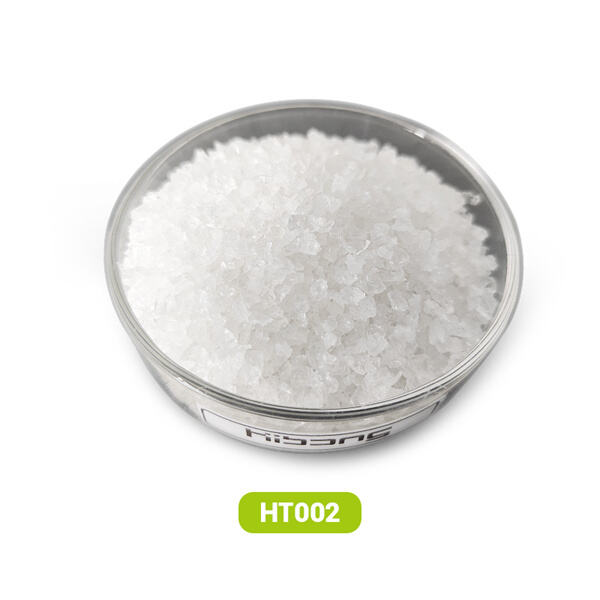Potassium Polyacrylate is the superabsorbent polymer for plants to grow better. It looks like little crystals and can absorb a great deal of water. That’s crucial, because plants need water to grow, just as we need water to be healthy.
Potassium Polyacrylate is a type of polymer that can retain a lot of water. It is widely used in farming to assist plants to grow, especially in dry parts of the world, where there is little rain. When Potassium Polyacrylate is added to the soil, it can absorb water and slowly release it to your plants for use. This enables the plants to maintain their health even when rain is sparse.
Potassium polyacrylate in agriculture Potassium Polyacrylate uses have extensive uses and benefits in farm agriculture. One major draw is that it can help farmers conserve water. And farmers can make their water last longer by adding Potassium Polyacrylate to their crops instead of watering them daily. This is a good thing for the environment, too, since it conserves water, which is extra, extra important.

Potassium Polyacrylate works by absorbing water and retaining it. When the soil is dry, the Potassium Polyacrylate returns the water to the plants. This helps the plants create strong roots and leaves, even when the going is tough. Farmers can incorporate it into the soil, or sprinkle it on top of the plants to help them grow better.

Potassium Polyacrylate is an intelligent way to conserve water by enabling farmers to grow more food using less water. In short, with Potassium Polyacrylate, farmers can use less water and still get healthy crops. This matters for the future of farming, as water becomes scarcer.

Potassium Polyacrylate is also good for the environment. Because it saves water. With Potassium Polyacrylate, farmers depend less on rivers and lakes for water. This is significant because it can help prevent water shortages and protect the home of plants and animals.